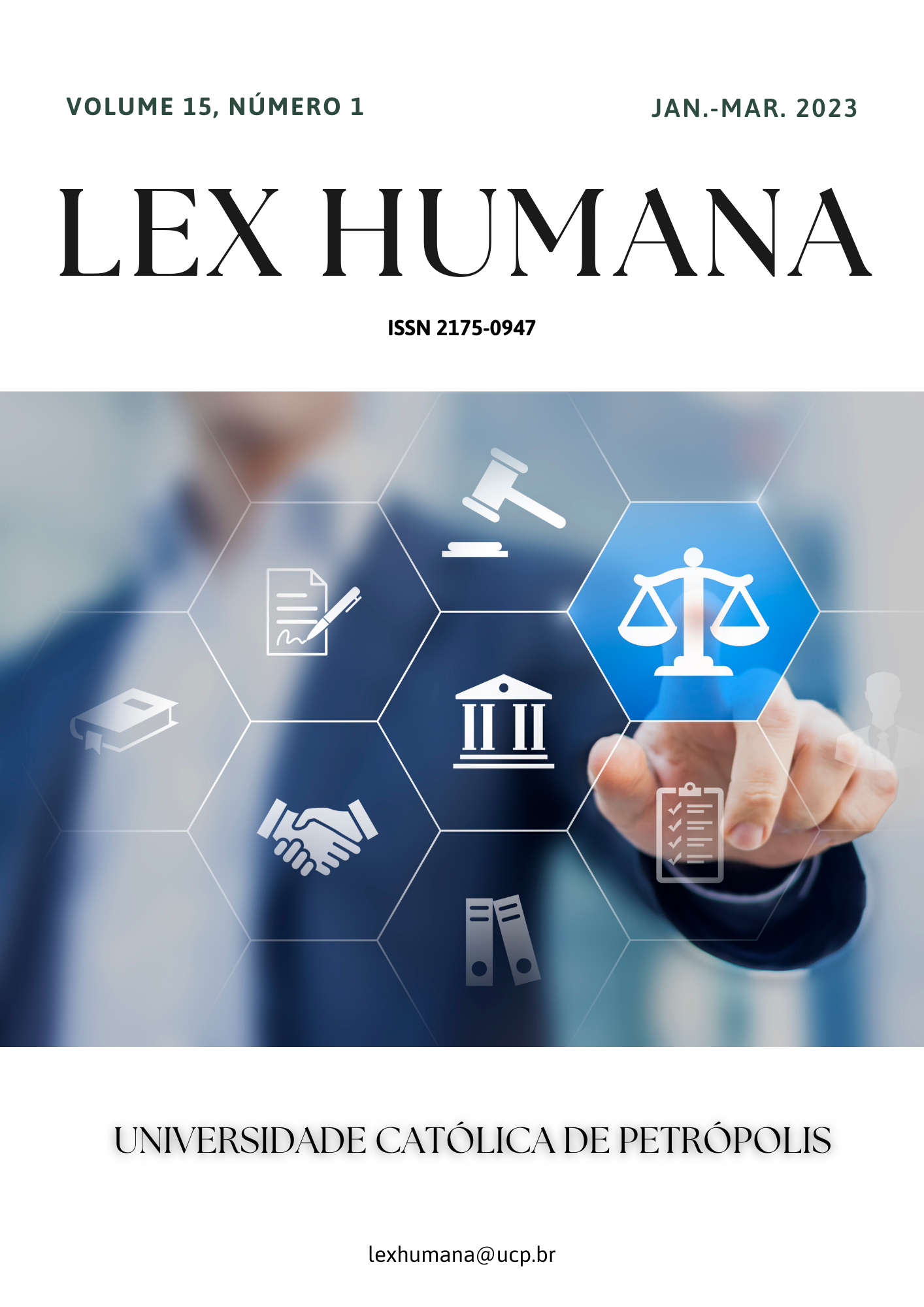Abstract
The purpose of this study was to application of artificial intelligence and monitoring devices on prevention of public disorder crimes and disorderly conduct. The article presents some urgent issues and scientific basis for artificial intelligence application and public monitoring devices in preventing public disorder crime and disorderly conduct at present and in the near future. the author has used a combination of traditional research methods of the scientific social and legal sciences such as the method of legal analysis, legal assessment, legal comparison and expert to achieve the goal of the study. Data were collected from official documents, books, independent reports, newspapers and related parties’ analysis. Results shows that it is necessary to promote research and application of scientific and technological achievements, especially the application of artificial intelligence to building a large database system for the State management of crime prevention, including prevention of public disorder crimes and disorderly conduct, contributing to the country's socio-economic development towards civilization, modernity and sustainable development for the future.
References
Bao Ho Tu Bao. (2020). Artificial Intelligence and its 50-year journey, Vietnam Institute of Science and Technology, Japan Institute of Advanced Science and Technology.
Benjamin Jervis Goold. (2004). CCTV and Policing: Public Area Surveillance and Police Practices in Britain, Oxford University Press
Bernd W. Wirtz,Jan C. Weyerer &Carolin. (2018). Artificial Intelligence and the Public Sector—Applications and Challenges, International Journal of Public Administration, Volume 42, issue 7
Cara E. Rabe-Hemp, Nancy S. Lind. (2019). Political Authority, Social Control and Public Policy, Emerald Group Publishing
David Waddington. (2013). Policing Public Disorder Routledge
Earl B. Hunt. (2014). Artificial Intelligence, Academic Press
Government. (2013). Decree No. 167/2013/ND-CP on sanctioning of administrative violations in the field of social security, order and safety; Prevention of social evils; fire prevention and fighting; Domestic violence prevention and control, Hanoi.
hanoimoi.com.vn/tin-tuc/Xa-hoi/992791/quan-tay-ho-se-lap-dat%C2%A0he-thong-camera-giam-sat-tai-khu-vuc-cong- curved
Honghai Liu, Naoyuki Kubota, Xiangyang Zhu, Rüdiger Dillmann, Dalin Zhou. (2015). Intelligent Robotics and Applications: 8th International Conference, ICIRA 2015, Portsmouth, UK, August 24-27, 2015, Proceedings, Part III, Springer Publishing
https://vnexpress.net/canh-sat-my-su-dung-robot-tuan-tra-noi-cong-cong-3941244.html
National Assembly. (2015). Criminal Code, Hanoi.
National Assembly. (2017). Criminal Code amendment and supplement 2015, Hanoi
Nguyen Que Anh, Vu Cong Giao, Mai Van Thang. (2019). Artificial intelligence with laws and human rights, Faculty of Law, Hanoi National University, Judicial Publishing House, Hanoi.
Nguyen Tuan Anh. (2020). Application of sensor and robot technology in fire prevention and fighting and rescue, Hanoi.
Nguyen Thanh Thuy, Ha Quang Thuy, Phan Xuan Hieu, Nguyen Tri Thanh. (2018). Artificial Intelligence in the Digital Age: The World Context in Relation with Vietnam, Artificial Intelligence Laboratory and Data Science and Knowledge Technology Experiment Laboratory, Industry and Trade Journal.

This work is licensed under a Creative Commons Attribution-NonCommercial-NoDerivatives 4.0 International License.
Copyright (c) 2023 Lex Humana (ISSN 2175-0947)

